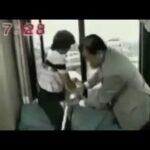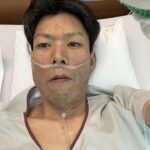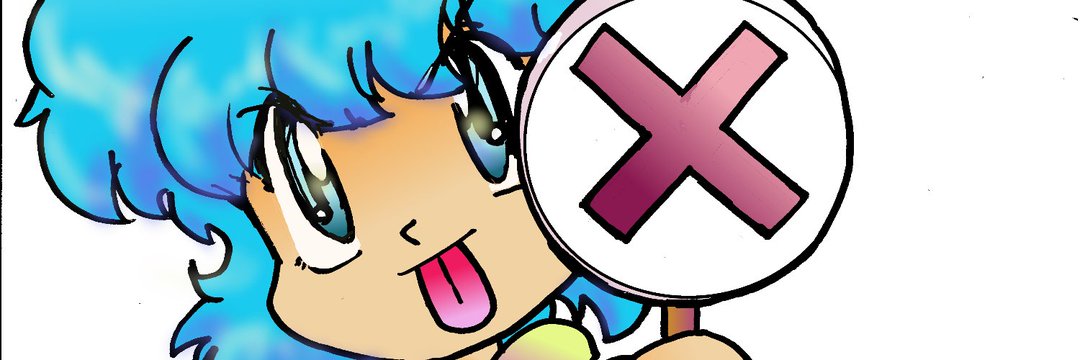Agee stated that his Roman Catholic social conscience had made him increasingly uncomfortable with his work by the late 1960s leading to his disillusionment with the CIA and its support for authoritarian governments across Latin America. About the book: https://www.amazon.com/gp/product/0818404191/ref=as_li_tl?ie=UTF8&camp=1789&creative=9325&creativeASIN=0818404191&linkCode=as2&tag=tra0c7-20&linkId=b294725503e4fb16b4878d6070a5adcb
He and other dissidents took encouragement in their stand from the Church Committee (1975-76), which cast a critical light on the role of the CIA in assassinations, domestic espionage, and other illegal activities.
In the book Agee condemned the 1968 Tlatelolco massacre in Mexico City and wrote that this was the immediate event precipitating his leaving the agency.
While Agee claimed that the CIA was "very pleased with his work," offered him "another promotion" and his superior "was startled" when Agee told him about his plans to resign, the anti-communist journalist John Barron claims that Agee's resignation was forced "for a variety of reasons, including his irresponsible drinking, continuous and vulgar propositioning of embassy wives, and inability to manage his finances."
Agee was accused by U.S. President George H. W. Bush of being responsible for the death of Richard Welch, a Harvard-educated classicist who was murdered by the Revolutionary Organization 17 November while heading the CIA Station in Athens. Bush had directed the CIA from 1976 to 1977.
Inside the Company identified 250 alleged CIA officers and agents. The officers and agents, all personally known to Agee, are listed in an appendix to the book. While written as a diary, it is actually a reconstruction of events based on Agee's memory and his subsequent research.
Agee writes that his first overseas assignment was in 1960 to Ecuador where his primary mission was to force a diplomatic break between Ecuador and Cuba, no matter what the cost to Ecuador's shaky stability, using bribery, intimidation, bugging, and forgery. Agee spent four years in Ecuador penetrating Ecuadorian politics. He states that his actions subverted and destroyed the political fabric of Ecuador.
Agee helped bug the United Arab Republic code room in Montevideo, Uruguay, with two contact microphones placed on the ceiling of the room below.
On December 12, 1965 Agee explains how he visited senior Uruguayan military and police officers at a Montevideo police headquarters. He realized that the screaming he heard from a nearby cell was the torturing of a Uruguayan, whose name he had given to the police as someone to watch. The Uruguayan senior officers simply turned up a radio report of a soccer game to drown out the screams.
Agee also ran CIA operations within the 1968 Mexico City Olympic Games and he witnessed the events of the Tlatelolco massacre.
Agee stated that President José Figueres Ferrer of Costa Rica, President Luis Echeverría Álvarez (1970--1976) of Mexico and President Alfonso López Michelsen (1974--1978) of Colombia were CIA collaborators or agents.
Following this he details how he resigned from the CIA and began writing the book, conducting research in Cuba, London and Paris. During this time he alleges he was being spied on by the CIA.
http://en.wikipedia.org/wiki/Philip_Agee
powered by Auto Youtube Summarize





